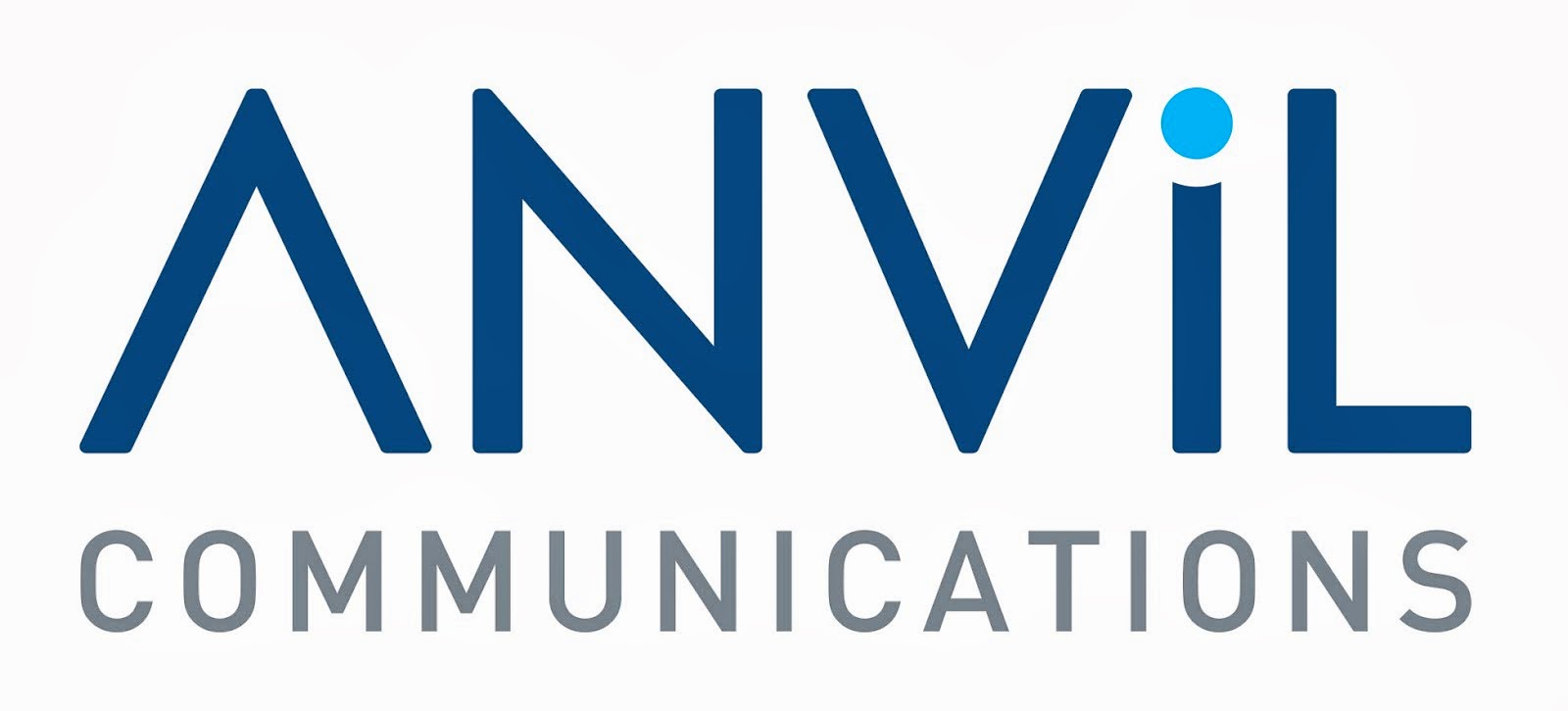 Anvil works with a verity of partners to help them create some things that is special and unique within their market. ICU Technologies has developed an outdoor video camera with a secure built in 3G
router ready to house one of our fixed
IP data SIMs.
Anvil works with a verity of partners to help them create some things that is special and unique within their market. ICU Technologies has developed an outdoor video camera with a secure built in 3G
router ready to house one of our fixed
IP data SIMs.All the unit needs is power and a mobile 3G signal to operate anywhere. You can connect to the camera from anywhere in the world by just typing the IP address into a browser. This approach is much less expensive and complex than installing servers and complex systems and you don’t need a fixed internet connection. When you want to, just move the camera to a new position, plug it in and you are back on line again.
The camera also supports sensors to trigger alarms and activate the video coverage or you can just check in whenever you like to see what is happening on site.
Power can be from a standard mains supply or from a 12V battery. Some examples of applications for this most flexible solution are see below.
Construction and engineering project sites. The area you need to cover with video surveillance changes as the project develops. Materials and equipment get moved around and the video camera can be moved as and when required.
Agriculture, equipment and materials have to be taken back to a safe place where security cameras can protect them –or – save time and effort by moving the security camera instead.
Events of all kinds need security. Installing internet connections where they are needed is expensive, time consuming and the cables are easily detected. 3G video cameras can be mounted wherever needed and moved around easily to accommodate changing environments.
Mobile. Whether on a boat, bus, van, truck, train or car the camera is accessible even when on the move. If there is a mobile 3G signal, you take the internet with you as you go.
Temporary (ad hoc) installations. You may want video coverage for a few hours, days or weeks for a specific reason. This could be to counteract a threat e.g. vandalism, or watch something of interest such as wildlife or a one off sports event.
Remote and rural locations where fixed line internet is simply not available. The nearest BT exchange may be many miles away. The cost of laying cables would be much too expensive and the longer the cable, the less bandwidth you get when connected. Video just doesn’t work when the speed drops below a certain level, whereas 3G simply needs a decent signal to handle good quality video traffic.
